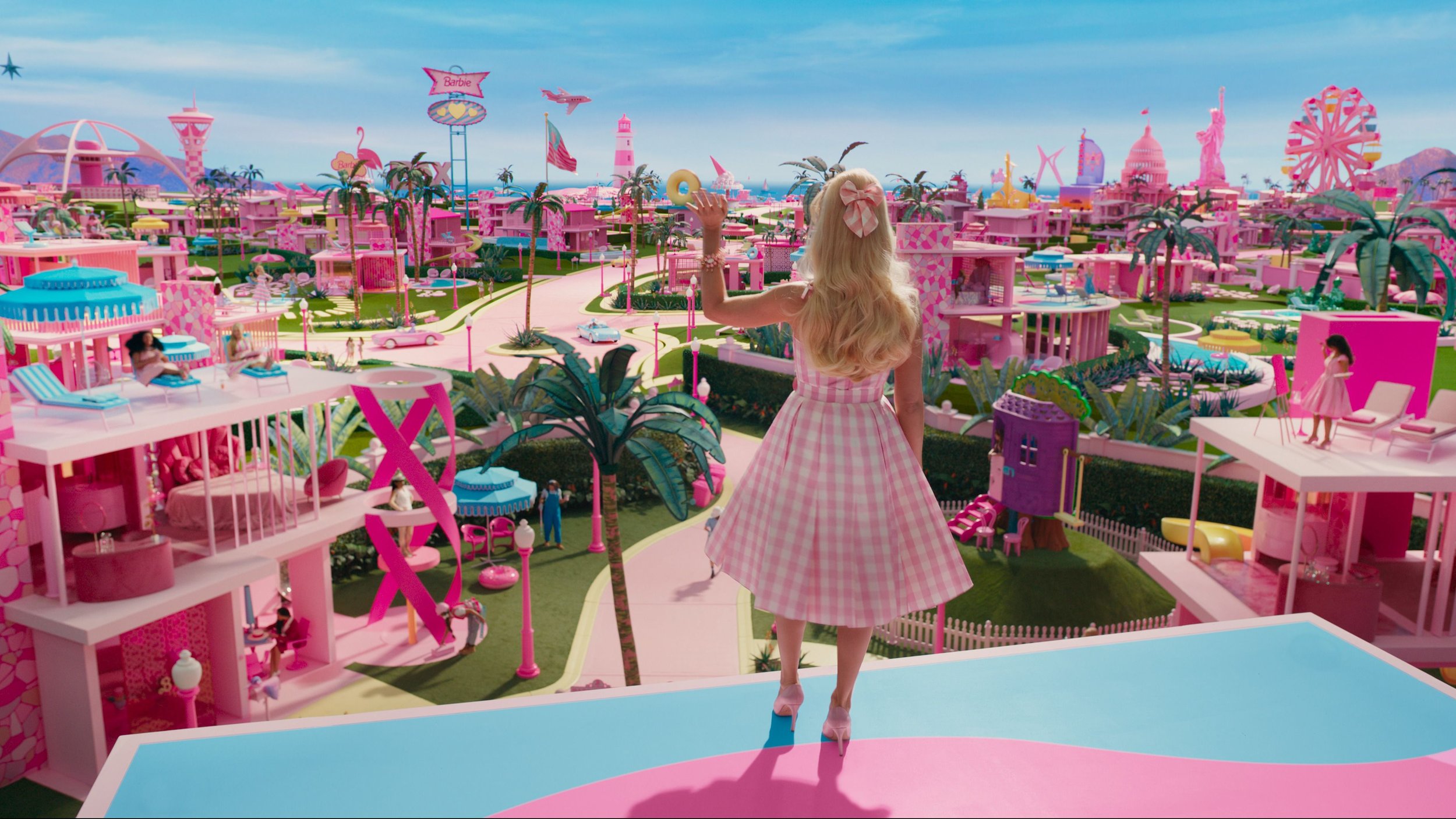A Quick Thought on Gerwig's Barbie

While the resounding box office success of "Barbie" has inspired media executives to resurrect nostalgic plotlines for millenial audiences, they are missing the true star of the show, Greta Gerwig’s ability to weave our existential condition with hope in the midst of a pink and pop musical. In their pursuit of financial success, it is clear media executives are hoping to lean on established franchises like "Barbie" to tap into the emotional resonance of audiences who fondly remember the brand from their childhoods. While the appeal of nostalgia is undeniable, it raises questions about the extent to which media executives understand what actually made the film so sucessful. While the film's success may be partially attributed to its nostalgic appeal, Gerwig's joyful navigation of human complexity resonate with an audience who live in a world constructed by the patriarchy, upheld by capitalist competition, and squeezed by inflation while we march towards inevitable aging and death. The popularity of "Barbie" suggests a collective desire for narratives that grapple with multifaceted issues by an exhausted audience that wants to be seen.
With fear and crisis looming on every news channel, Gerwig offers something that is neither advocacy nor escapism to an audience that is overly aware. As the film premiered, writers and actors united their labour power to strike in Hollywood for the first time in over sixty years, reflecting a generation tired of exploitation. Additionally, the “Me Too” movement has spanned a decade, like a public anthology of endemic sexism and abuses of power, justifying every silenced hysterical woman. Against this backdrop of societal discontent, "Barbie" shines. In the midst of a cost of living crisis, historic wealth gap, climate emergency, and pervasive gender and racial inequality, Gerwig lets the audience know she understands the growing frustration with the status quo. She pokes fun of male dominated corporate boardrooms cashing in on feminism even while acknowledging the film as that very vessel. She preempts the criticism of original Barbie’s blue eyes, blonde hair and anatomically impossible physique with Mattel’s diversification strategy that revived the brand and led to astronomical sales growth. Gerwig is cheeky without cynicism, a line nearly impossible to draw. She does not shy away from these messy topics, but instead jumps in, preferring to find joy and even gratitude in the complexity of humanness to the perfect pink world of plastic Barbieland.
Like seeing the world anew through the eyes of a wonderous child, the audience is invited to gaze out with Barbie’s enthusiastic optimism as she sheds her shiny plastic beauty for human skin. Barbie transforms from a static object of infinite perfection into a woman with all the trappings of womanhood; objectification, subjugation to the patriarchy, cellulite. The failings of our human existence are made clear, but it is Barbie’s act of agency and choice that Gerwig holds on to as a beacon of hope. Instead of raging against the Machine, Barbie dances with her friends to a tune that questions its design. She chooses humanity, despite the messiness and wrong turns, because she knows we have the capacity to change our reality. We can build the world we want to live in. It is this hope in humanity and our capacity to make things better that Gerwig embraces so joyfully that make it impossible to ignore this film. If media executives are truly hoping to repeat Barbie’s success, perhaps they will realise it as well.
MAKING MEMORIES